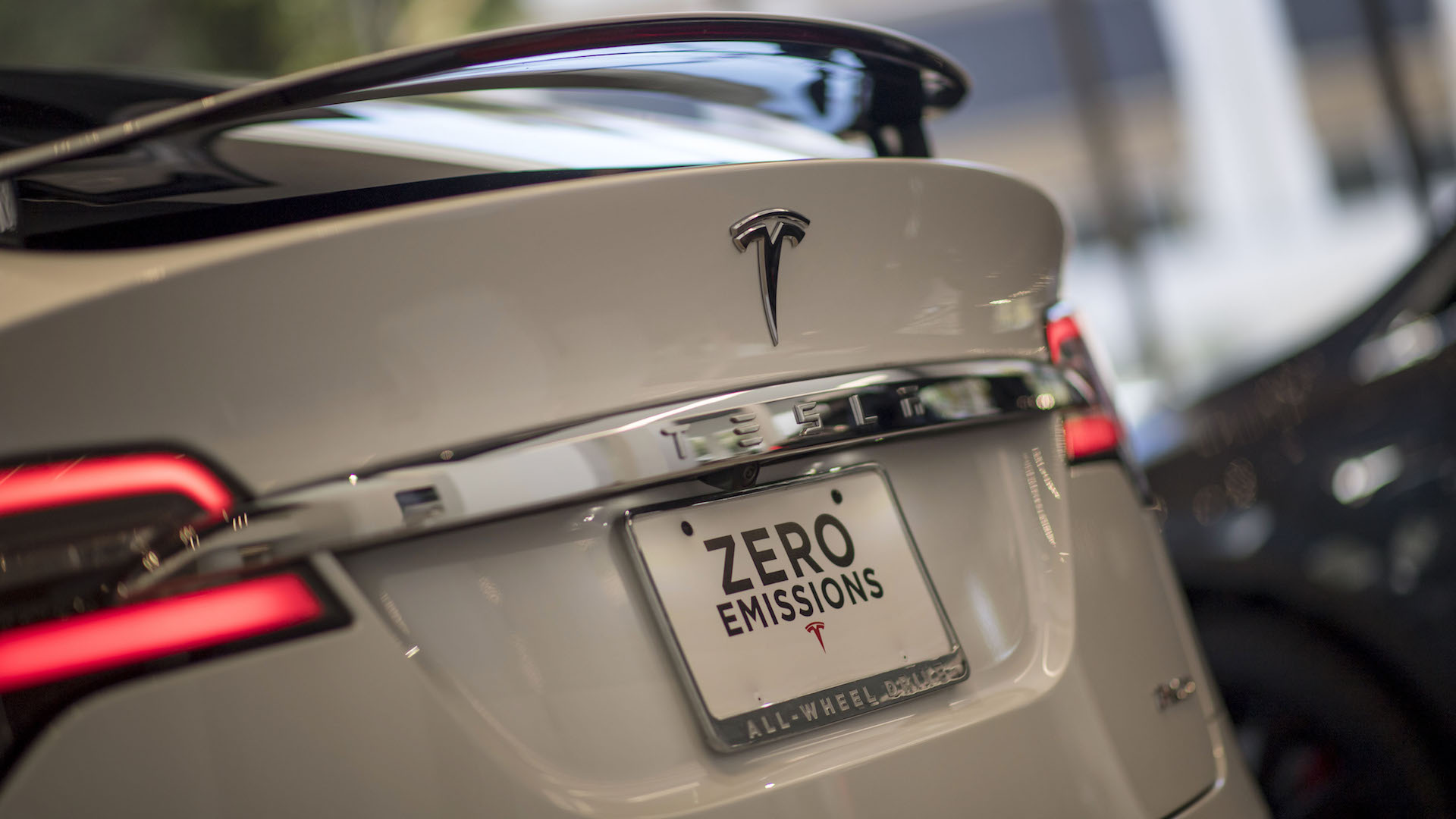

In an attempt to expand its customer base in Michigan and other states that refuse to allow it to sell cars directly to consumers, Tesla is suing the state of Michigan and its governor in federal court to reverse the state’s ban on the automaker’s preferred method of bringing electric cars to the masses.
If Tesla has any success with its case against Michigan and governor Rick Snyder in federal court, the decision from government officials would then set a precedent in Tesla’s favor in the other states it currently has trouble selling cars directly to consumers—Connecticut, Texas, and Utah. Until now, the automaker has been attacking this issue state-by-state.
“Solving this legislatively always has been and continues to be Tesla’s preferred option,” Tesla said in a statement to Bloomberg on Thursday. “Unfortunately, the local auto dealers and local manufacturers have made clear that they oppose any law that would allow Tesla to operate in Michigan. Given their position, the leadership of the Michigan legislature recently informed Tesla that it will not even hold a hearing to debate the issue.”
Currently, there are no Tesla service centers or showrooms in Michigan. Tesla sent in an application for a dealership license in Michigan roughly a year ago, but it was rejected because the state’s laws require new cars to be sold through franchised dealerships.
In 2014, Michigan officials passed an amendment that restricted automakers and dealers—more specifically, Tesla—from selling cars without using franchised dealers. The amendment was reportedly largely designed to protect the major American automakers based out of Michigan, mainly General Motors and Ford, from having to worry about the rise of Elon Musk’s electric car company.